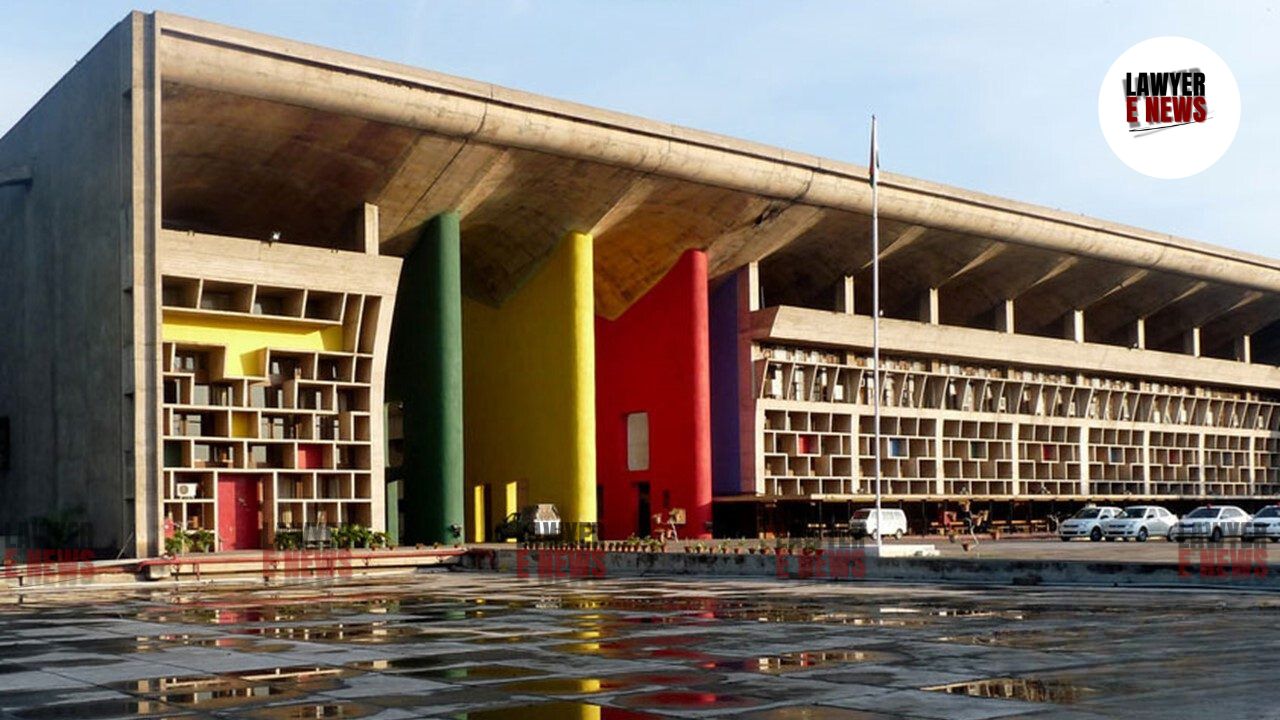-
by Admin
15 February 2026 5:35 AM



Court grants Rs. 5 lakhs interim compensation to parents, highlighting negligence and contributory negligence issues. The Punjab and Haryana High Court has awarded interim compensation to the parents of a 3-year-old boy who died due to electrocution from a high voltage line. The judgment, delivered by Justice Vinod S. Bhardwaj, emphasized the breach of public duty by the respondent authorities and allowed the petitioners to seek additional compensation in civil courts. This case raises significant issues regarding negligence and contributory negligence.
The case revolves around the tragic death of Arav Sharma, a 3-year-old boy who was electrocuted on January 30, 2020, by an 11,000 KV high voltage line passing near the terrace of his house. The petitioners, Deepak Sharma and his spouse, contended that the incident occurred due to the respondent authorities’ negligence in failing to prevent such hazardous constructions. Despite approaching the authorities and the court for compensation, their claim was initially rejected, prompting the present writ petition.
Justice Bhardwaj highlighted the crucial role of public duty and the negligence of the respondent authorities. “The element of compensation is granted against the breach of public duty and is without prejudice to the rights of a person aggrieved to seek his remedies in a private law action against the violator before a Court of competent jurisdiction,” observed the judge. Despite allegations of illegal construction by the petitioners, the court emphasized the respondent authorities’ failure to prevent such constructions, contributing to the incident.
The Court referenced several Supreme Court decisions affirming compensation under public law for constitutional breaches. “A writ Court may, in a given circumstance, award compensation to a person aggrieved, where a person has suffered injuries/loss of life as a result of a danger brought around by the respondent,” noted Justice Bhardwaj, emphasizing the principles of strict liability and contributory negligence.
The judgment discussed the principles of public law compensation extensively. It reiterated that compensation under Article 21 of the Constitution is an exercise of the courts under public law jurisdiction for penalizing the wrongdoer and fixing liability for public wrongs. “The award of compensation in the public law jurisdiction is thus without prejudice to any other action like a suit for damages which may be lawfully available to the victim or the heirs of the deceased,” stated the court.
Justice Bhardwaj remarked, “Even in an eventuality of contributory negligence, the petitioner would nonetheless be entitled to some compensation. Although a construction was allegedly being raised in violation of law, the respondent failed to take appropriate steps to stop construction raised in violation of law and chose to look the other way, thus contributing to the occurrence due to a prima facie lapse.”
The High Court’s judgment granting interim compensation underscores the judiciary’s commitment to upholding justice and providing timely relief in cases involving breaches of public duty. By recognizing the public law jurisdiction for compensation and allowing the petitioners to seek further redress in civil courts, this decision reaffirms the legal framework for addressing public duty failures and protecting fundamental rights. The interim compensation of Rs. 5 lakhs provides immediate relief to the bereaved family, with the liberty to pursue additional claims ensuring comprehensive justice.
Date of Decision: 9th May 2024
